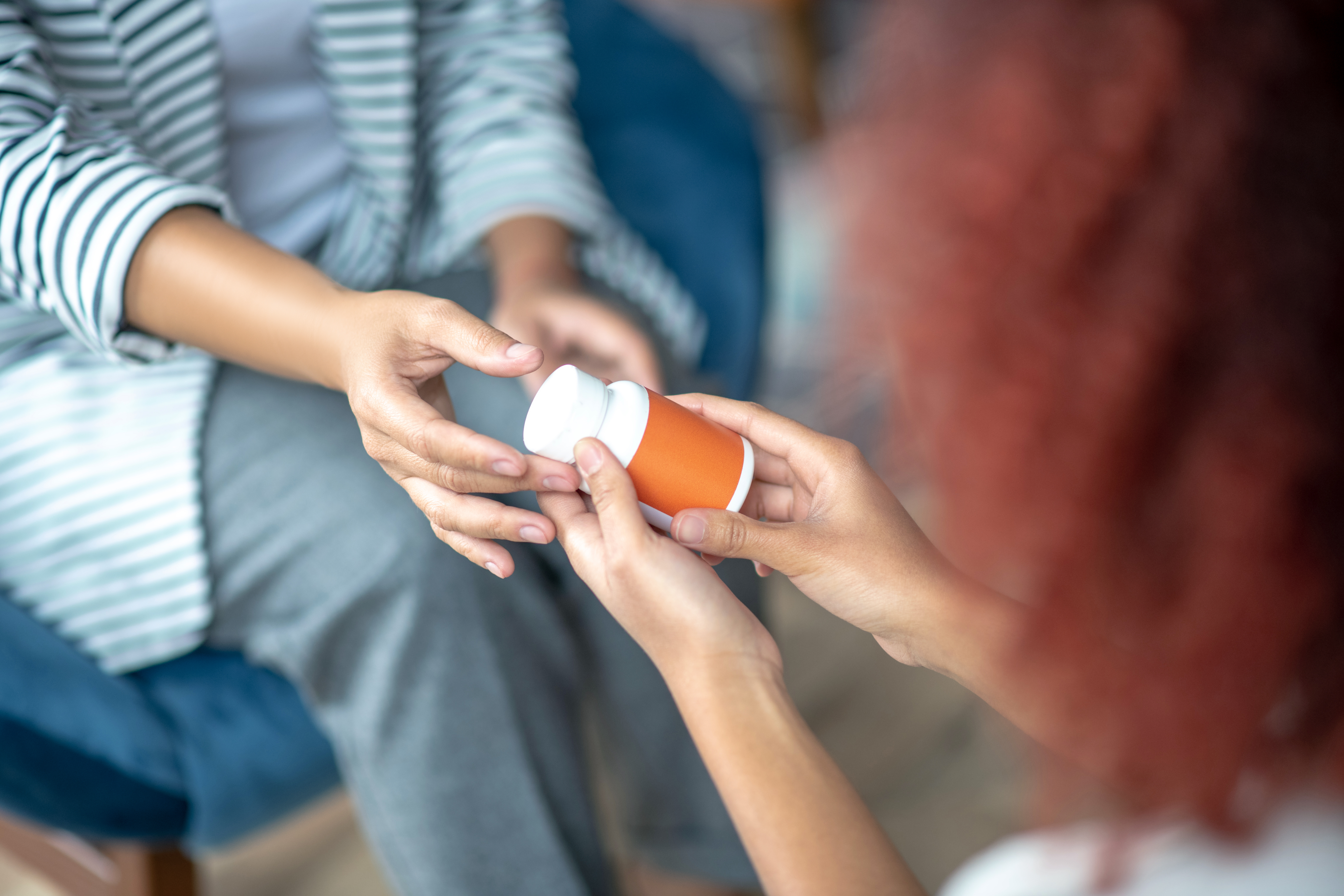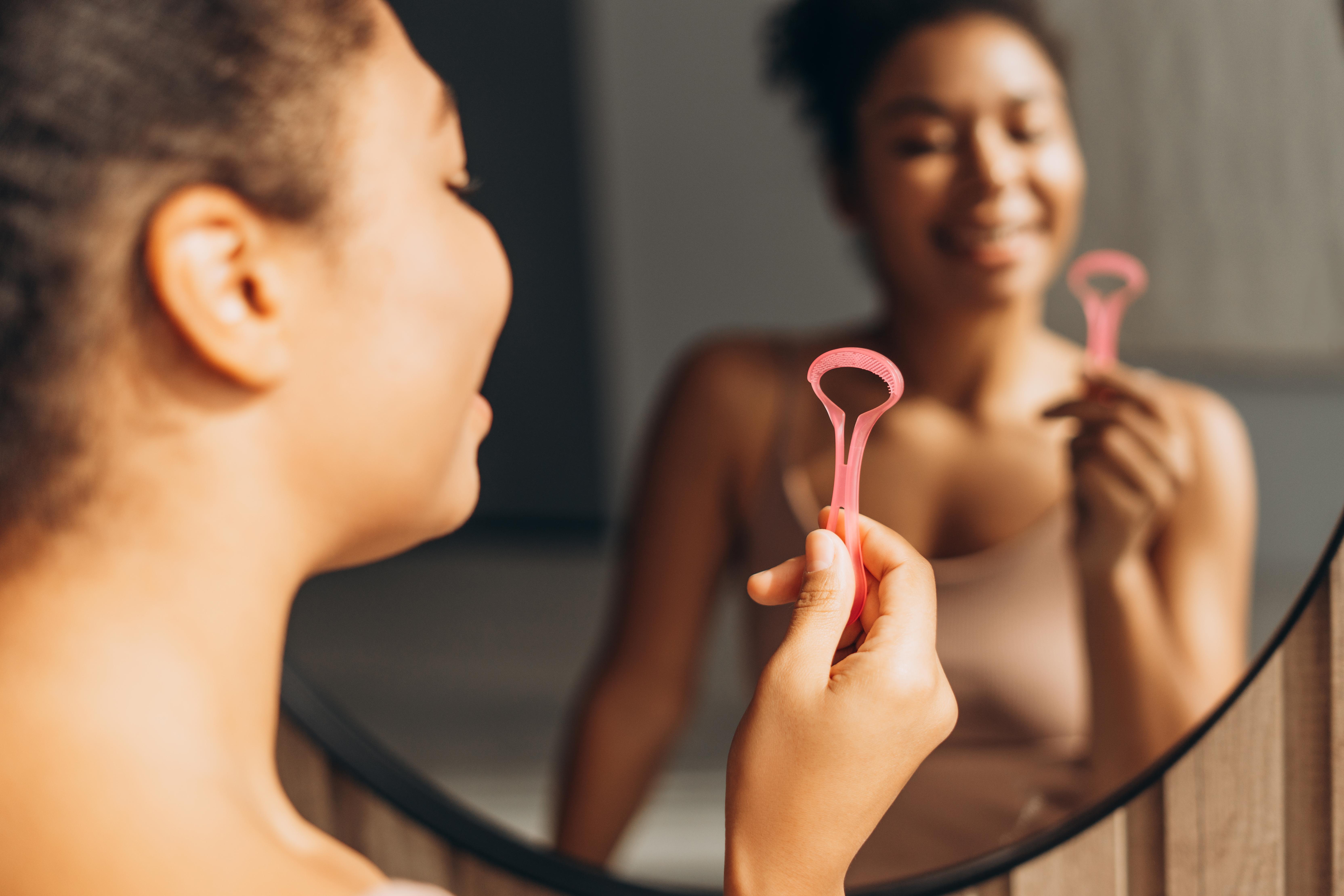Keep Your Teeth for Life: Dentist-Approved Tips to Combat Age-Related Tooth Loss
11. Understanding Medications and Oral Side Effects

As we age, many individuals take multiple medications for various health conditions. A critical but often overlooked hack is understanding how these medications impact oral health. Many common drugs (for blood pressure, allergies, depression) can cause dry mouth (xerostomia), which significantly increases the risk of tooth decay and gum disease by reducing saliva's protective function. Discuss all medications with your dentist. They can suggest strategies to manage side effects, such as special rinses or saliva substitutes, to protect your teeth.
12. Tongue Cleaning: The Forgotten Bacteria Trap

Your tongue is a bacteria magnet—and if you’re not cleaning it daily, you’re leaving millions of odor- and cavity-causing microbes behind. A coated tongue contributes to bad breath, disrupts your oral microbiome, and increases plaque accumulation along the gum line. Use a dedicated tongue scraper (not just your toothbrush) every morning to gently remove buildup from back to front. This simple 10-second ritual reduces harmful bacteria, boosts taste perception, and supports overall oral hygiene. It’s one of the lowest-effort, highest-impact habits for keeping your mouth fresh, your breath clean, and your teeth safer for the long haul.
